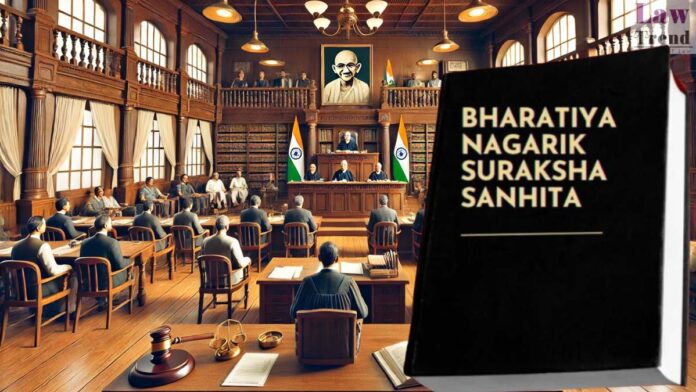In a significant ruling, the Rajasthan High Court addressed the legal implications of transitioning from the Criminal Procedure Code, 1973 (CrPC) to the Bharatiya Nagarik Suraksha Sanhita, 2023 (BNSS). The case in question, Krishna Joshi v. State of Rajasthan & Ors. (S.B. Criminal Misc(Pet.) No. 4285/2024), revolved around an FIR registered on February 2, 2024,
To Read More Please Subscribe to VIP Membership for Unlimited Access to All the Articles, Download Available Copies of Judgments/Order, Acess to Central/State Bare Acts, Advertisement Free Content, Access to More than 4000 Legal Drafts( Readymade Editable Formats of Suits, Petitions, Writs, Legal Notices, Divorce Petitions, 138 Notices, Bail Applications etc.) in Hindi and English.




